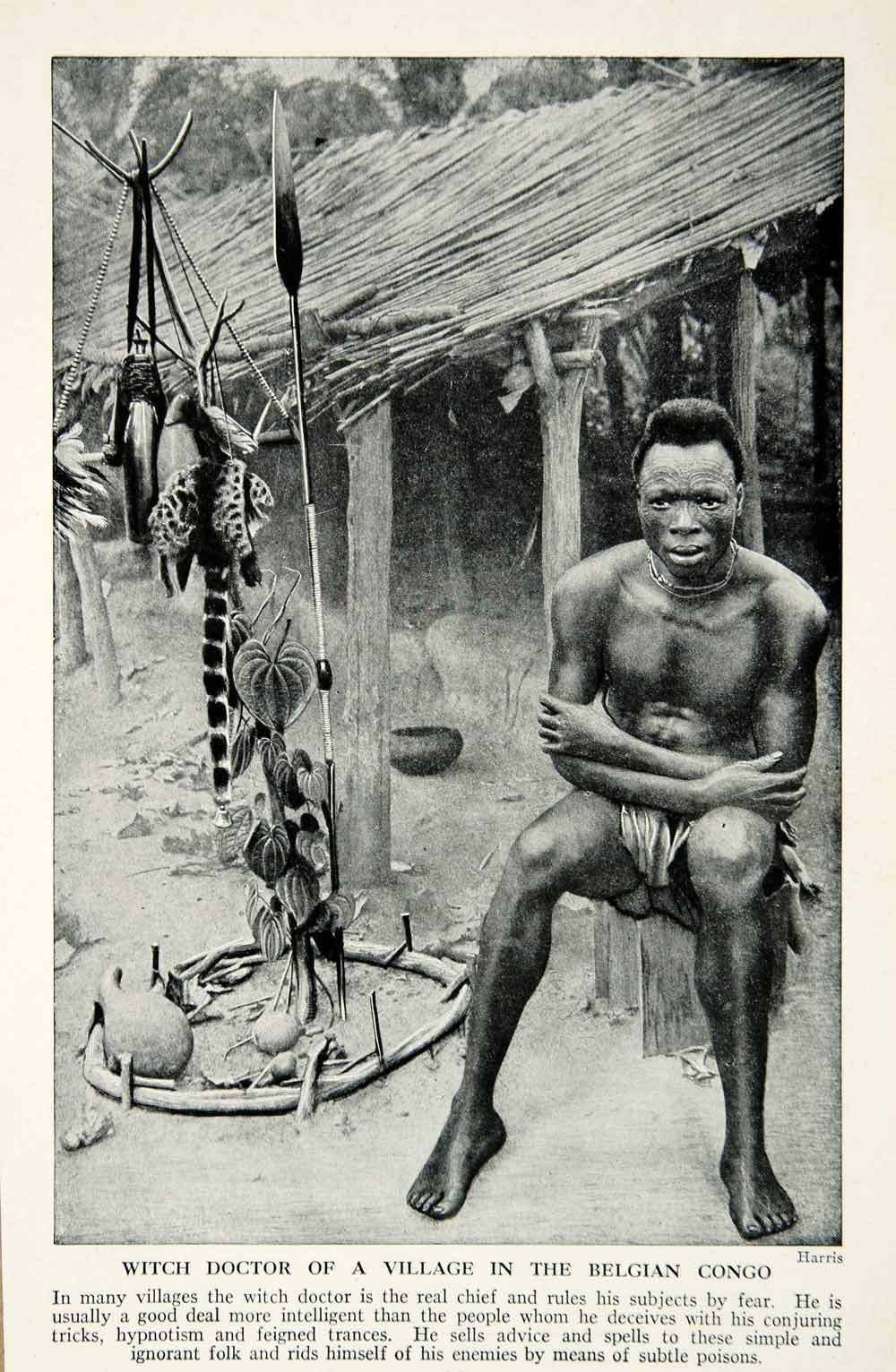

World-Making
The artist makes sensations in a given world. The philosopher makes conceptions of a given world. The scientist makes predictions about a given world.
But neither the artist, nor the philosopher, nor the scientist can be said to make a world — for the making of a world precedes, exceeds, and succeeds the making of sensations, conceptions, and predictions.

Overturning Humanism
Having found that humanism serves as an apology for white supremacy, capitalism, and colonialism, I constructed the framework of “neoprimitivism” as an antidote to humanism.

Abolition
The industrialized world, as I have come to regard it, is a world constructed on the hypothesis that machines can replace slaves or, rather more precisely, that new machine slaves could be gradually made to replace the human slaves of old, and that a “temporary” and “voluntary” sort of human slavery, wage slavery, may suffice in the interim between the old human driven order and the new machine driven order.

Radical Everydayness
My favorite Sherlock Holmes story by Sir Arthur Conan Doyle has long been “A Case of Identity”, published as the third story in The Adventures of Sherlock Holmes in 1892. Curious as it may seem, the titular case of identity upon which the story turns is not what makes it my favorite Sherlock Holmes story. Rather, what makes the story my favorite is the brief philosophical dialogue between Holmes and Watson that frames the titular case. This extremely brief philosophical dialogue is, in my humble opinion, one of the most profound philosophical dialogues ever written.